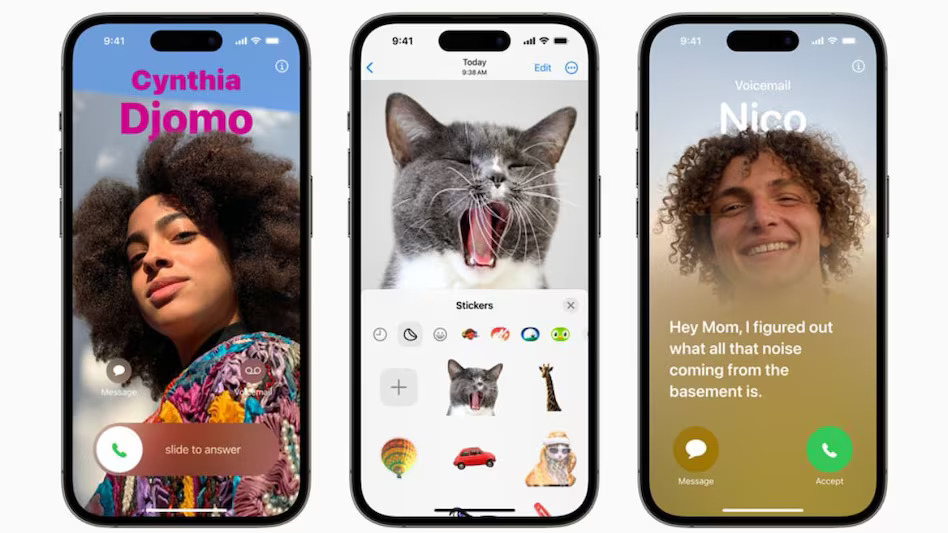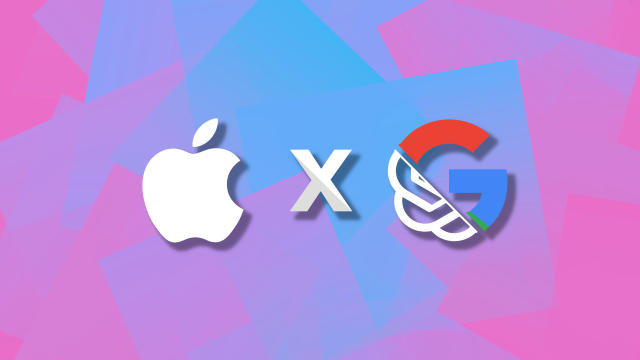Apple is currently in talks with Google, OpenAI, and other companies to integrate artificial intelligence services into its forthcoming iOS 18.
According to Mark Gurman from Bloomberg, Apple is negotiating with potential AI collaborators such as Google, OpenAI, and Anthropic to incorporate generative AI into the forthcoming iOS 18. The talks are centered on employing the Gemini system to operate a chatbot within the operating system, with Apple’s AI engine managing background functions.
The report indicates that the details of these potential partnerships are still being ironed out, with it remaining uncertain whether Apple will form an exclusive partnership with Google or collaborate with several entities.
Apple might also enable developers to integrate generative AI systems into the iPhone. The motivations for seeking external partnerships could include the lucrative opportunity of achieving premium status within the operating system, mitigating ethical and privacy issues by outsourcing the technology, reducing the substantial expenses associated with operating cloud-based generative AI, and facilitating rapid AI integration.

Apple’s approach to AI is expected to be a key highlight at WWDC 2024, where iOS 18 will be unveiled. While there’s a possibility that Apple may opt not to include a chatbot, this seems improbable given the growing consumer demand for AI features. The integration of AI in the next iOS iteration coincides with a period where Apple is confronting numerous allegations of anti-competitive behavior from the US Justice Department.
Justice Department Sues Apple Over Antitrust Concerns
The US Justice Department has initiated an anti-trust lawsuit against Apple, alleging that the company has a monopolistic hold, especially in the iPhone and Apple Watch markets.
The lawsuit centers on claims that Apple’s restrictive App Store policies, steep fees, and its “walled-garden” strategy have stifled competition. This strategy refers to Apple’s tight control over every facet of its devices, including the operating system and the range of apps that can be installed.
This lawsuit holds significant consequences that could alter Apple’s business practices. If the lawsuit prevails, it might challenge Apple’s market dominance and have implications for iPhone users.
Keep an eye out for further developments on this pivotal legal battle. We will continue to provide updates as new details emerge in this ongoing case.
